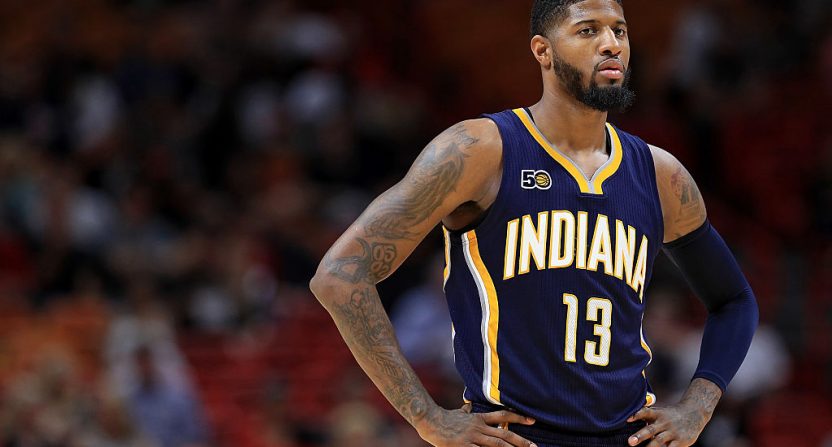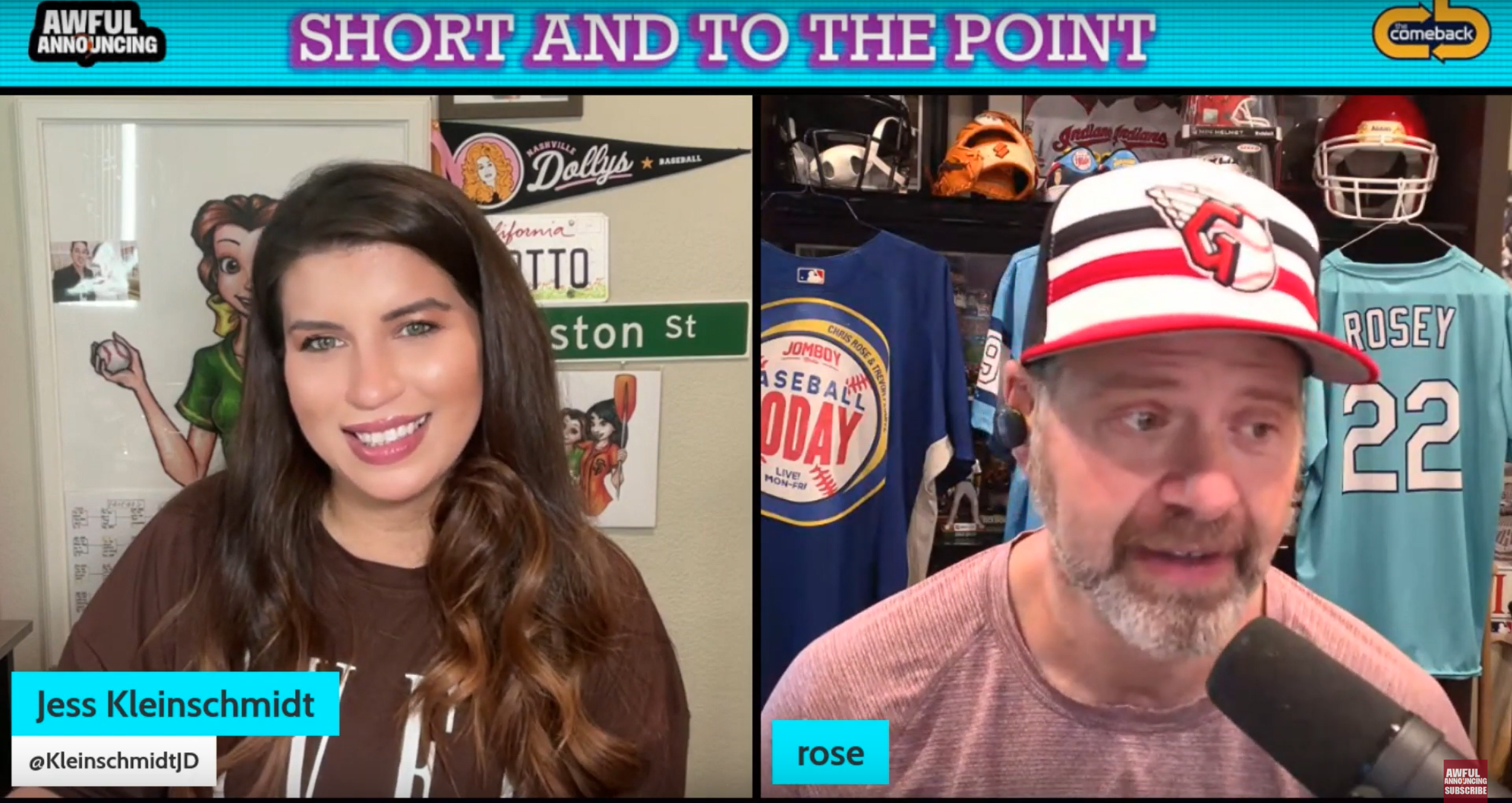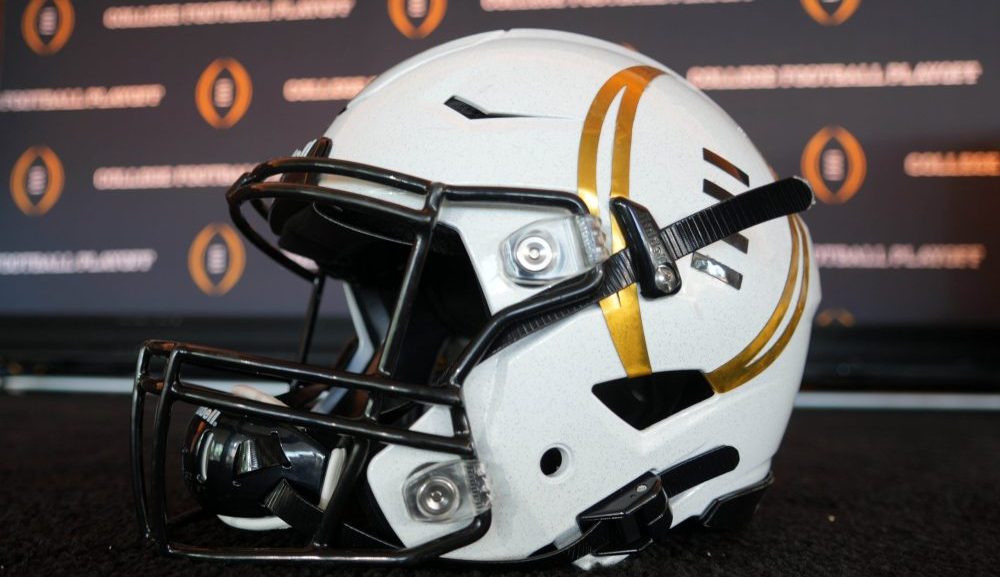In a very logical move, the NBA announced via memo that local broadcasters will no longer be able to vote for league awards.
This had to happen for two reasons. The first is the new CBA that includes the ability for teams to sign one MLS-style designated player, but only if that player reaches certain awards-based achievements.
ESPN’s Brian Windhorst broke it down nicely:
There’s a new rule in the collective bargaining agreement that was just passed. If a player is voted to the All-NBA team and has eight or nine years of experience, then he qualifies for a special exception to sign a massive contract with his team for about $75 million more than any other team can pay him.
A player also qualifies if he wins MVP or Defensive Player of the Year. But in that case, the player would probably already be on the All-NBA team.
One of the first people to break the news was Pacers broadcaster Mark Boyle:
@NBA tells team broadcasters they will no longer vote for league awards. Conflict of interest now greater than ever. It's the right call.
— Mark Joseph Boyle (@Mark_J_Boyle) April 3, 2017
And it’s significant that Boyle is mentioned, because one of the key players this rule change could affect is Indiana star Paul George. From Windhorst’s piece, on how George making an All-NBA team could change his future with the Pacers:
It would make George eligible to sign a $200 million extension with the Pacers this summer. That’s $75 million more than if he were to become a free agent in 2018 and sign somewhere else, such as with the Lakers.
If he doesn’t make the All-NBA team, and the Pacers lose this advantage, it is unlikely that he will sign an extension this summer, and that will apply pressure on the Pacers to trade him. This is a big vote — one that George believes should go his way.
The key factor here is that team broadcasters are team employees, and having them influencing a vote that determines player salaries is obviously a conflict of interest, even if the broadcasters strive for impartiality. (Many don’t.)
Boyle himself noted that:
League awards now help determine compensation. Not fair for team employees to be placed in a position to decide such issues.
— Mark Joseph Boyle (@Mark_J_Boyle) April 3, 2017
I'd already told the @pacers that I was giving up my vote anyway. New rules mean my vote can impact the future of the franchise. it was time https://t.co/xMxHg3HNvu
— Mark Joseph Boyle (@Mark_J_Boyle) April 4, 2017
I don't think it's possible to be too objective. Anything other than complete objectivity is irresponsible when voting for league awards. https://t.co/xMxHg3HNvu
— Mark Joseph Boyle (@Mark_J_Boyle) April 4, 2017
This is a solid step for the league, although the idea that awards voting (inherently flawed as it is regardless of the participation of team broadcasters) is in any way intertwined with player compensation is a bit silly. That Paul George’s ability to earn an extra $75 million is limited by the awards structure is wrong, as it perpetuates the idea that there are only a finite amount of players deserving of being recognized as worthy of these new contracts.
The rule was also designed to further aid small market teams in keeping their free agents, yet if George doesn’t qualify for the exception, there’s an even better chance he leaves Indiana for Los Angeles, which is just about the perfect example of what the rule was designed to prevent.
Regardless, this is at least one positive step for the NBA, and their willingness to shift midstream means they’ve seen at least some of the potential flaws with the new arrangement. Perhaps they’ll be willing to fix more along the way as well.







